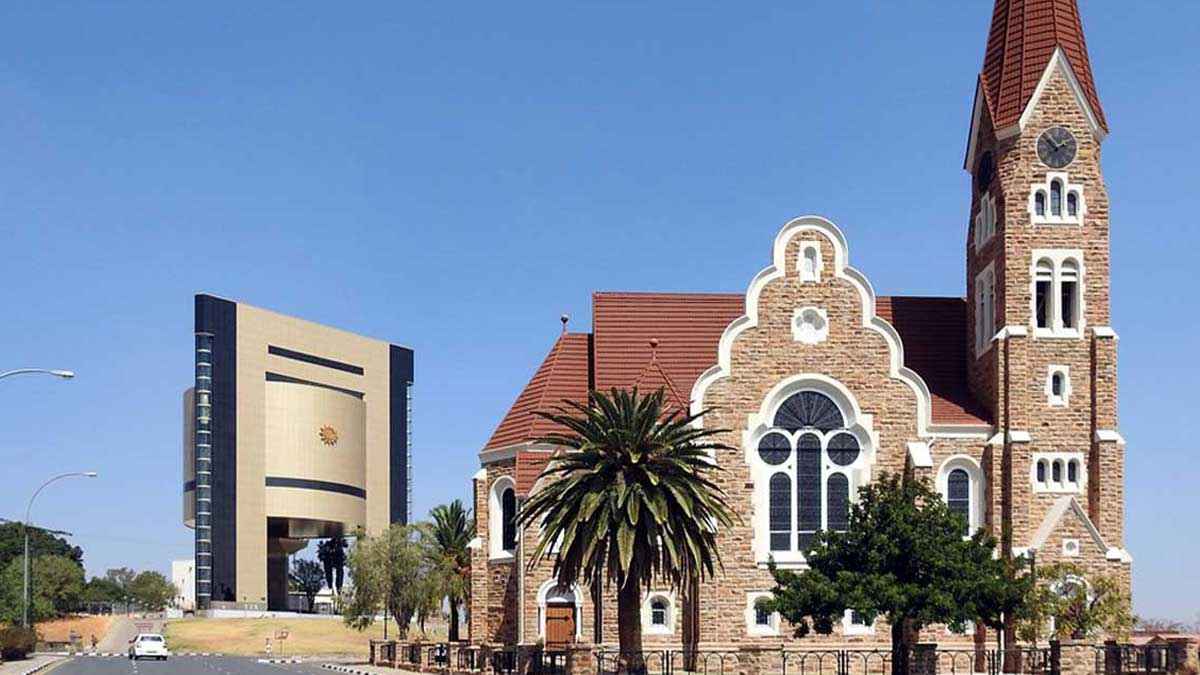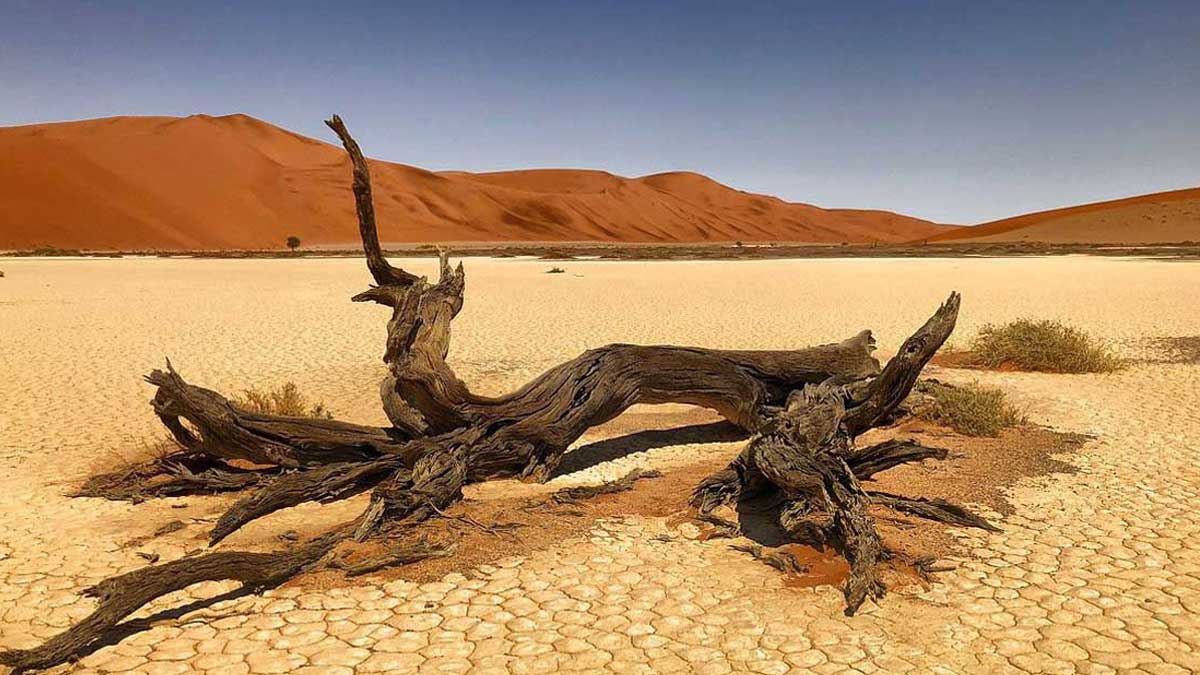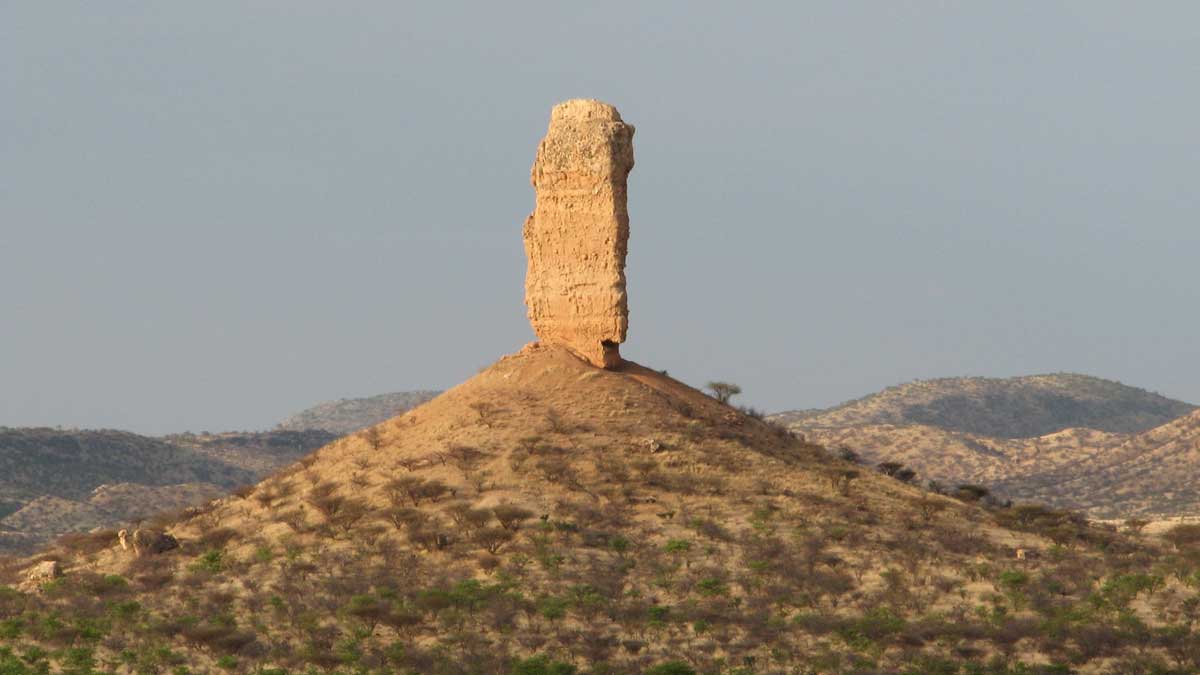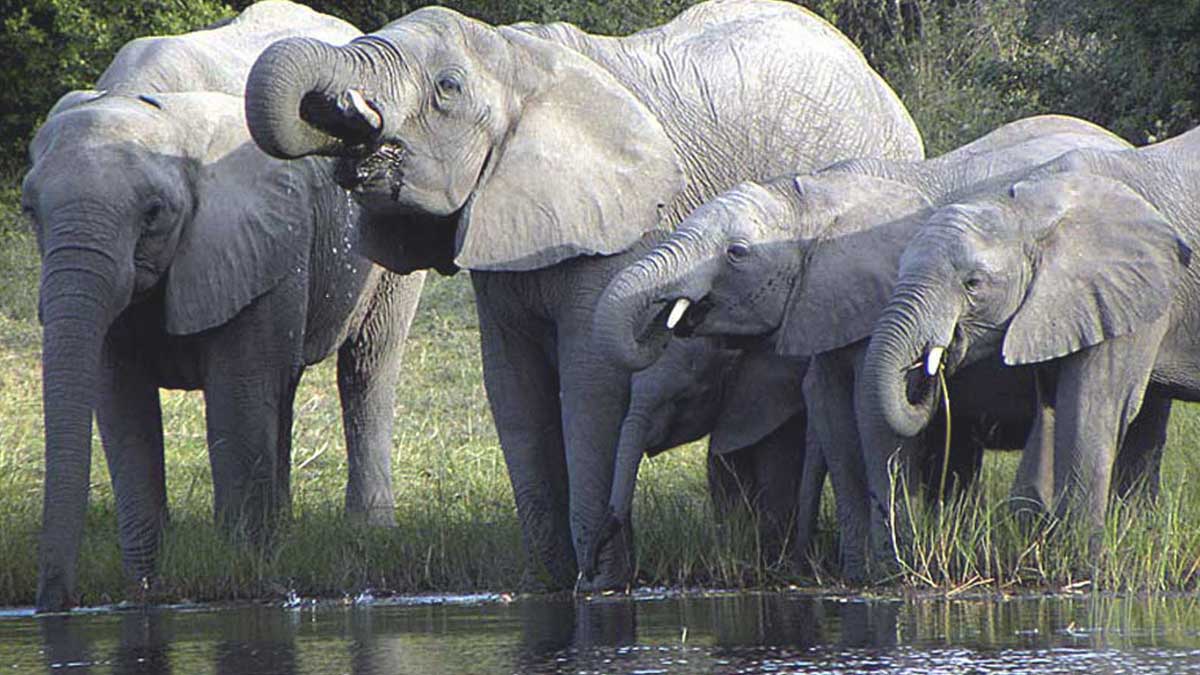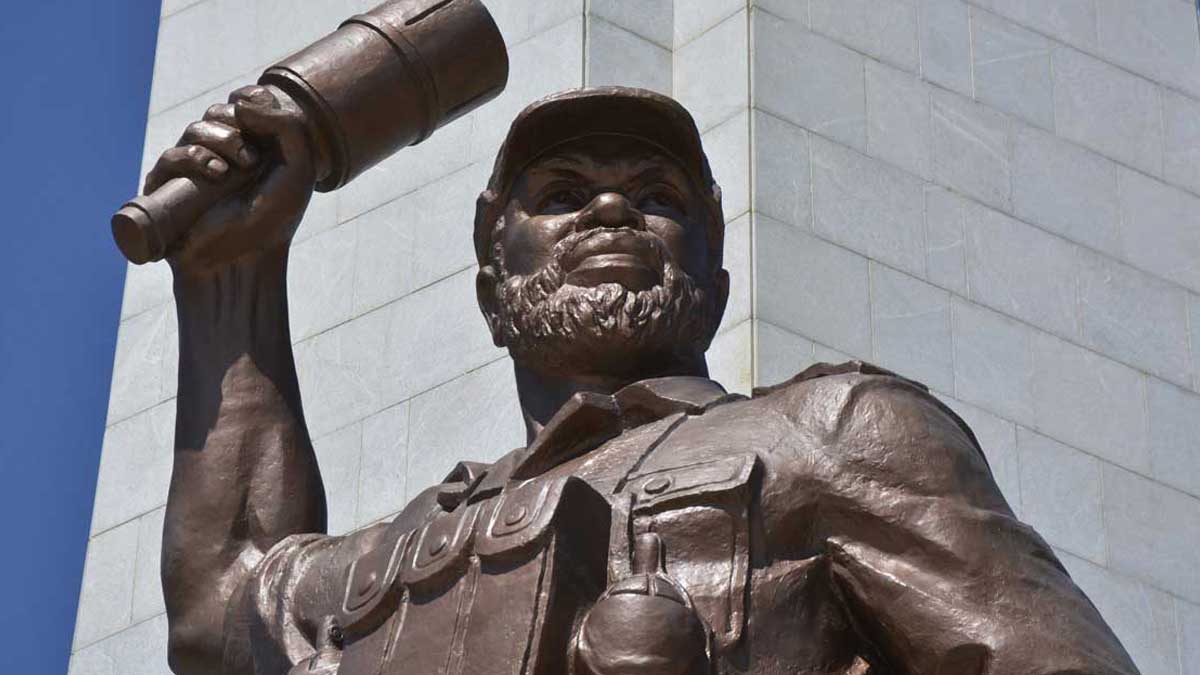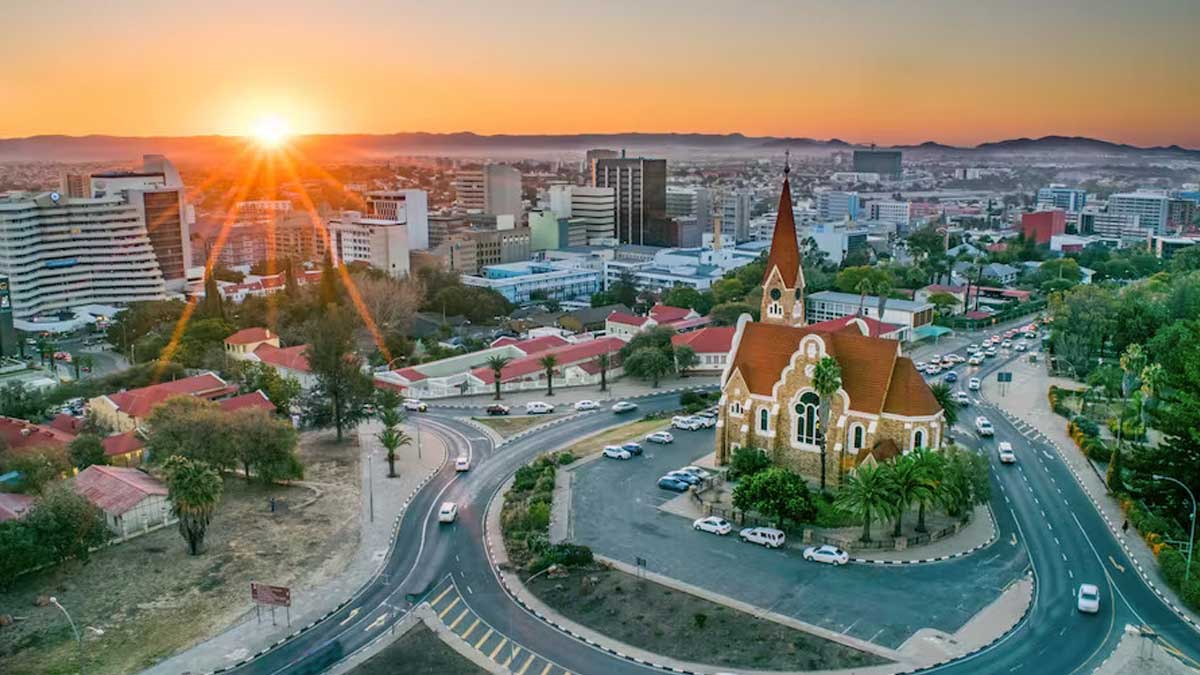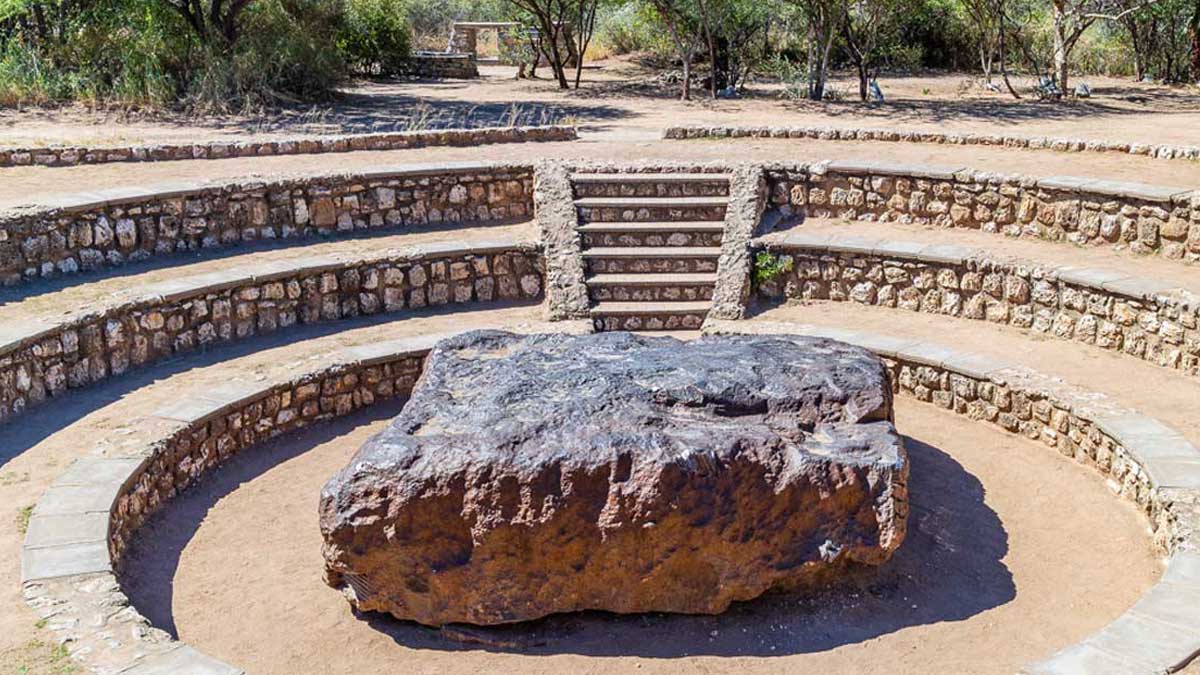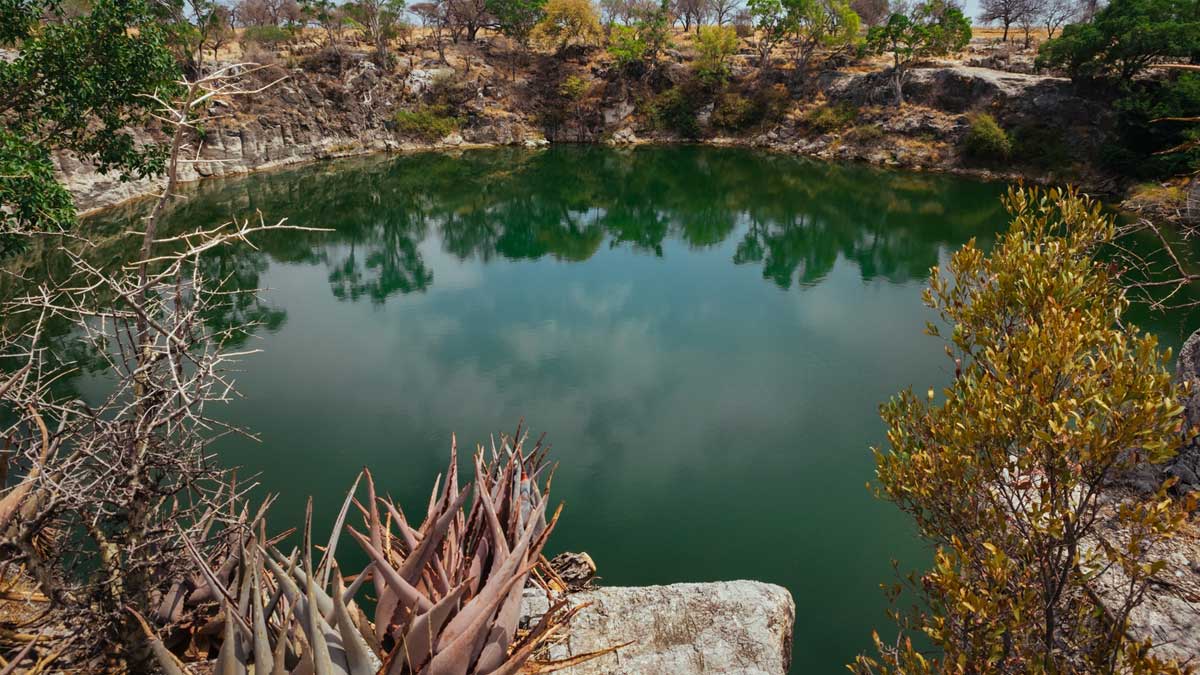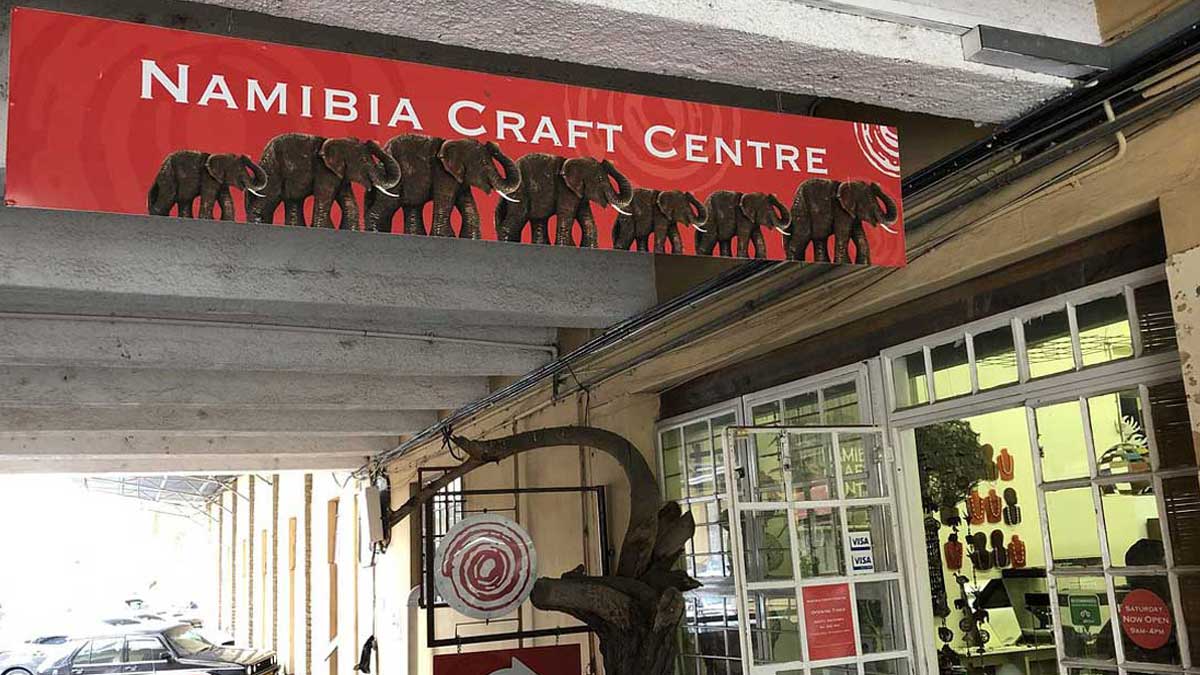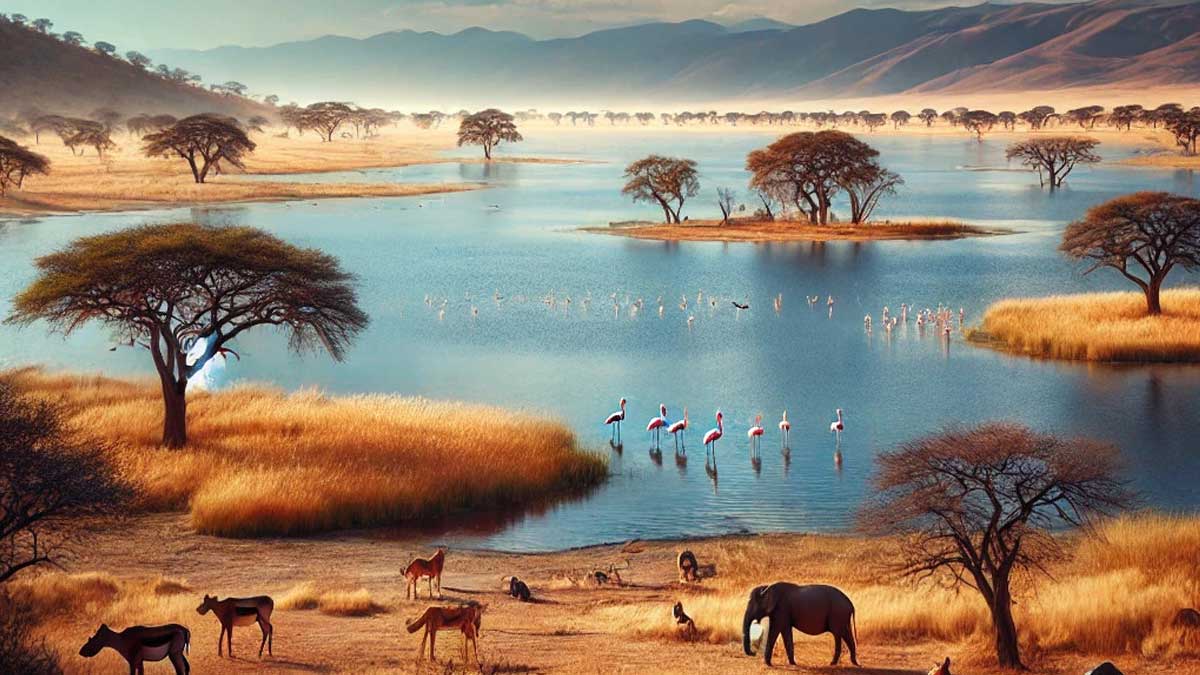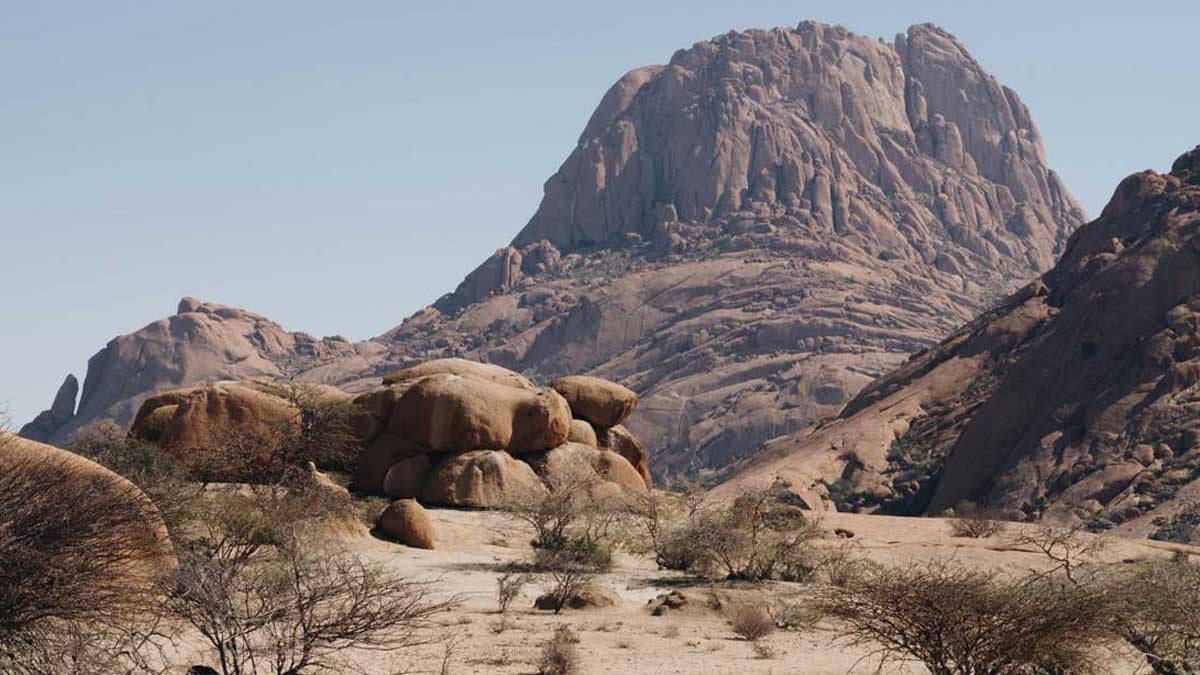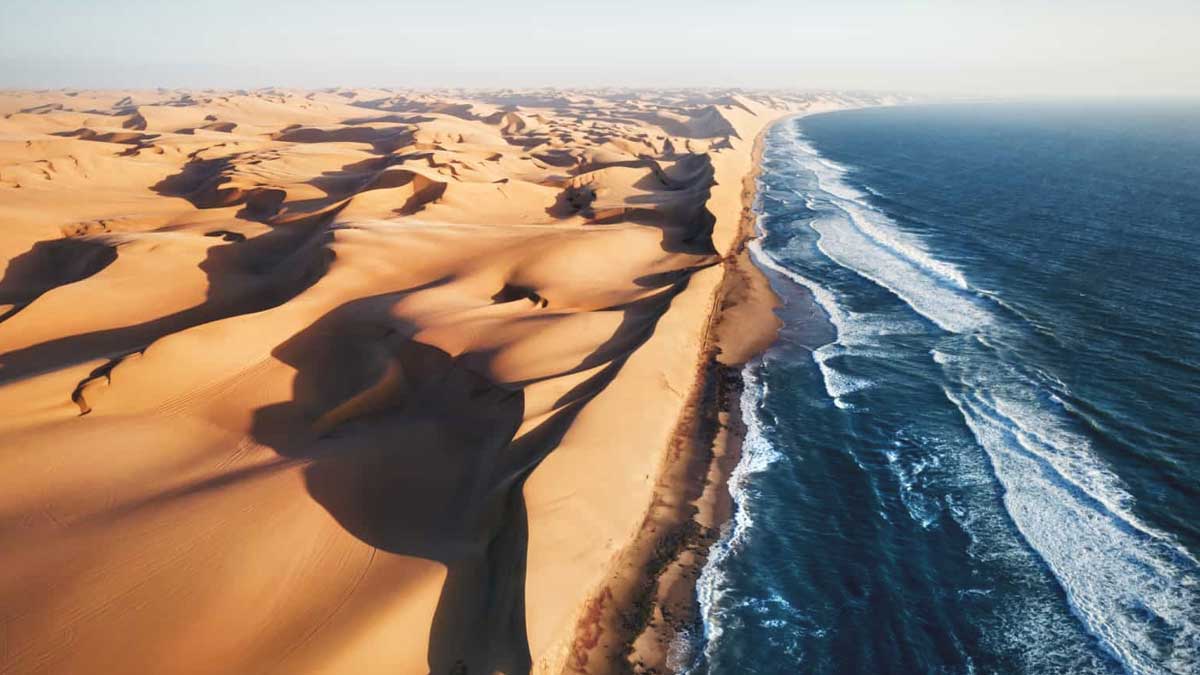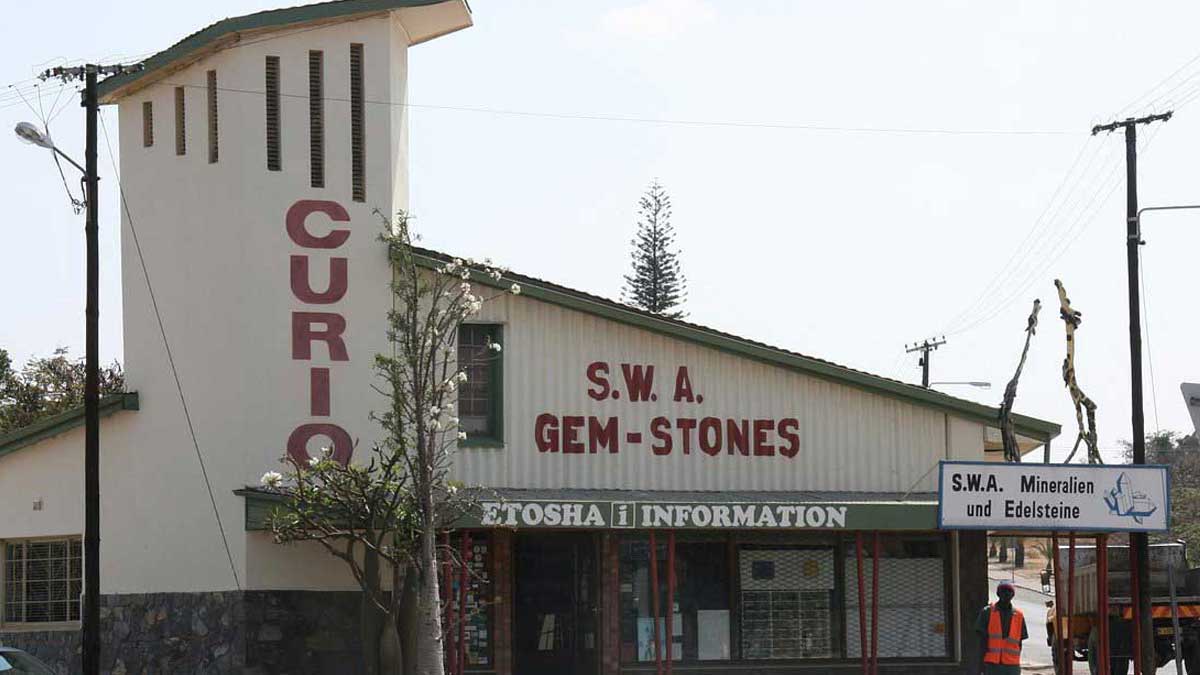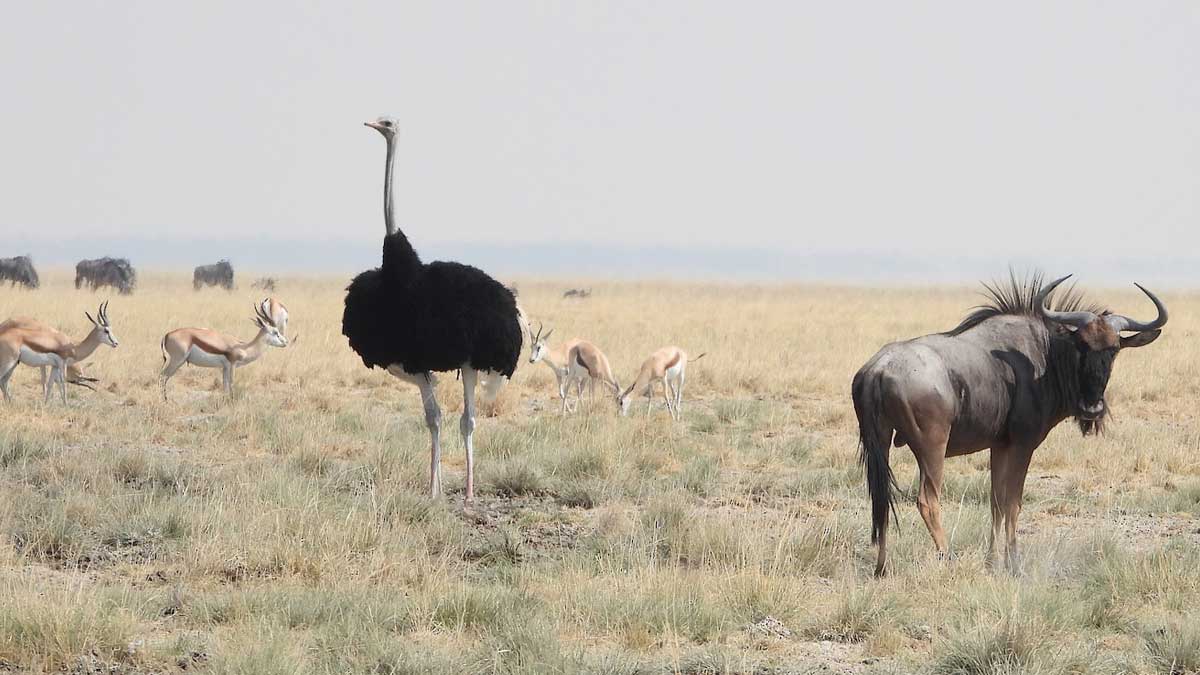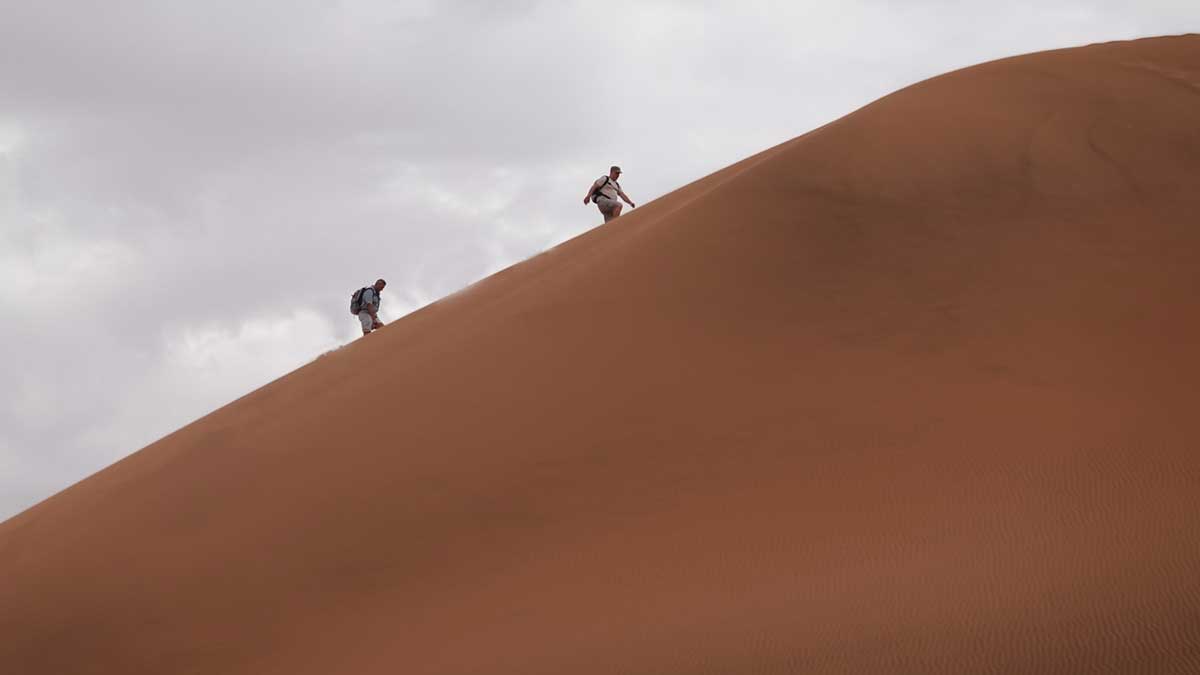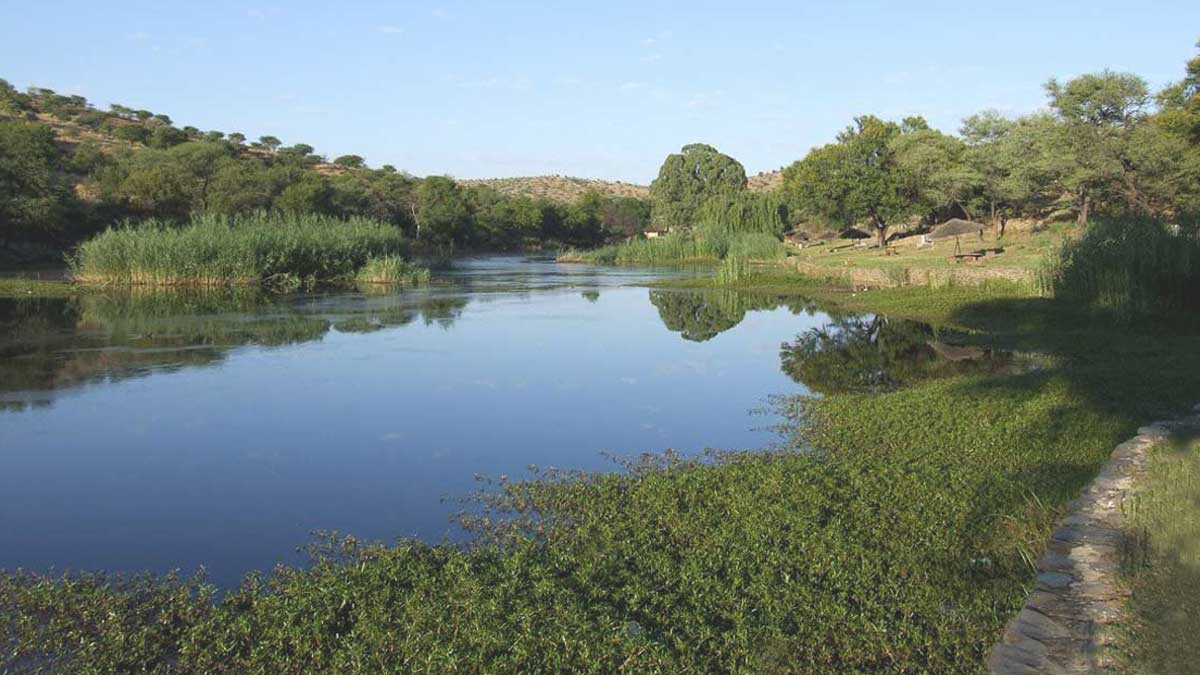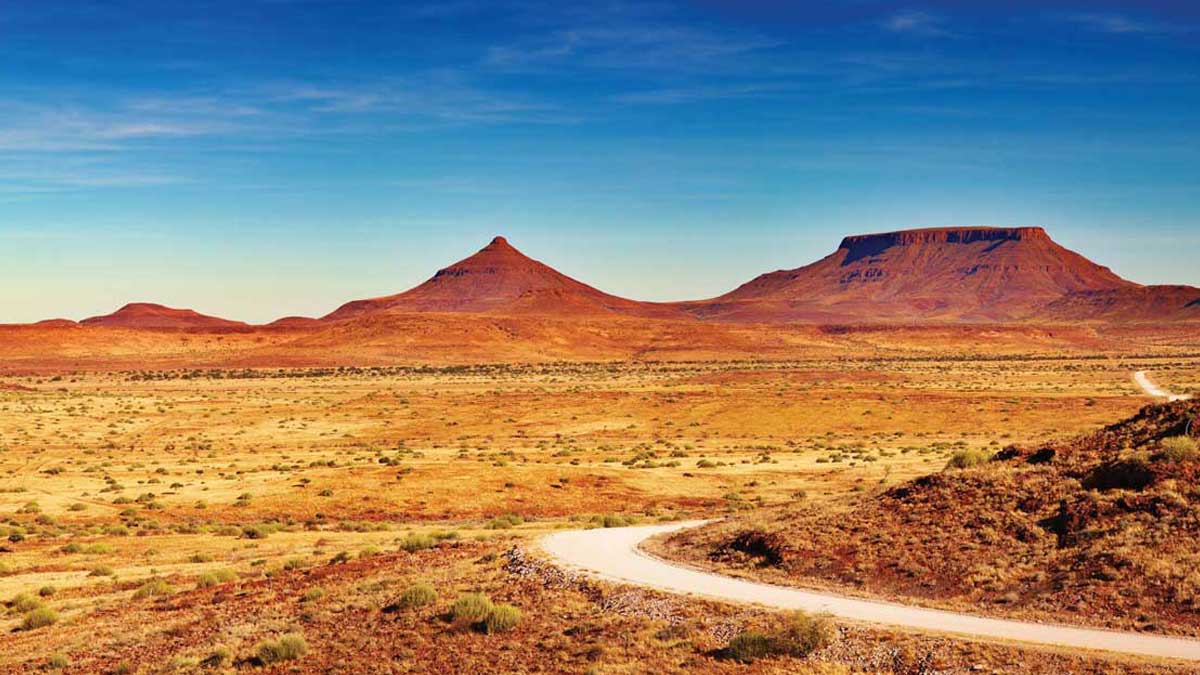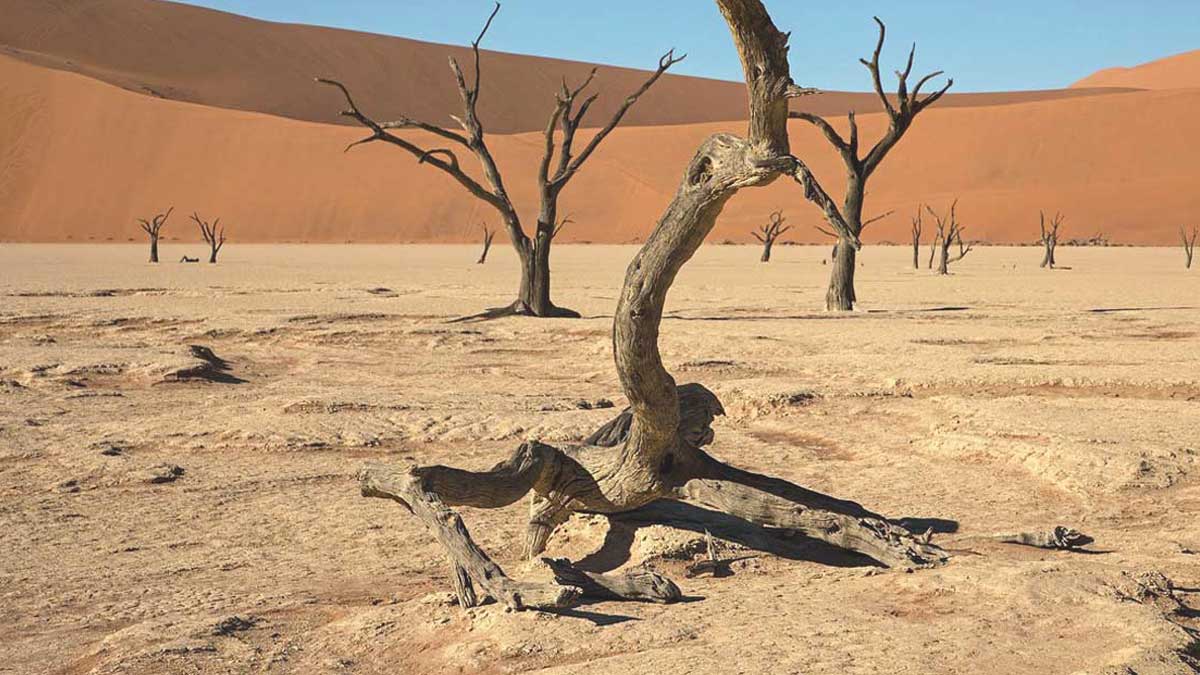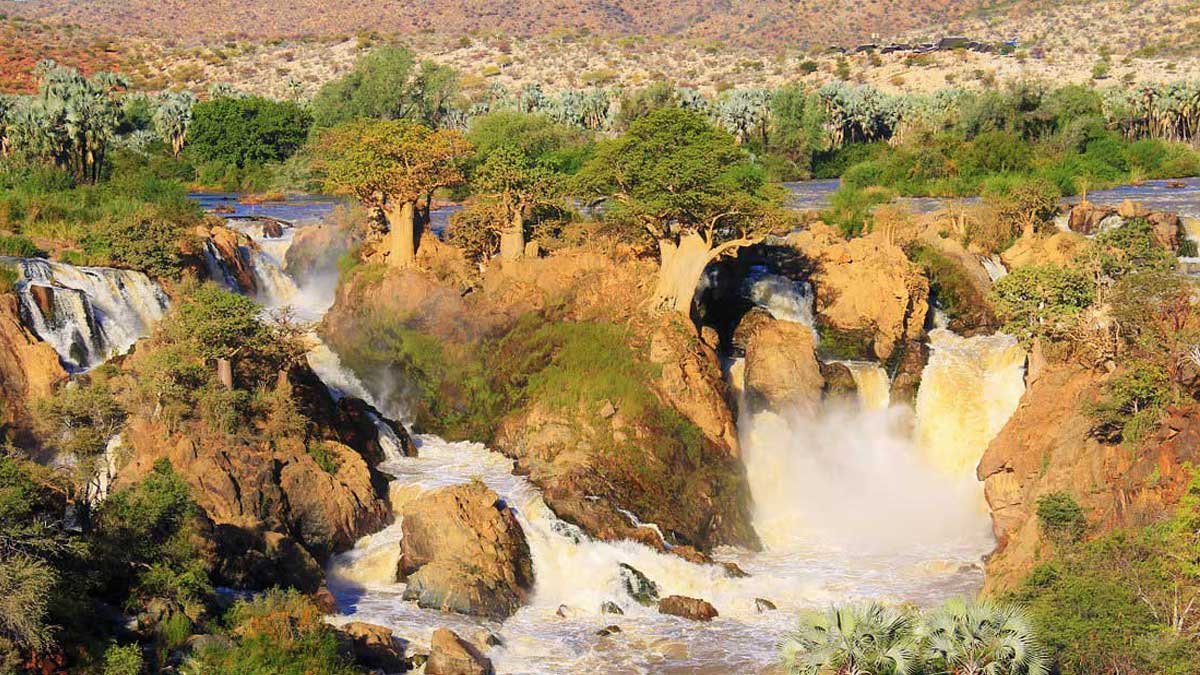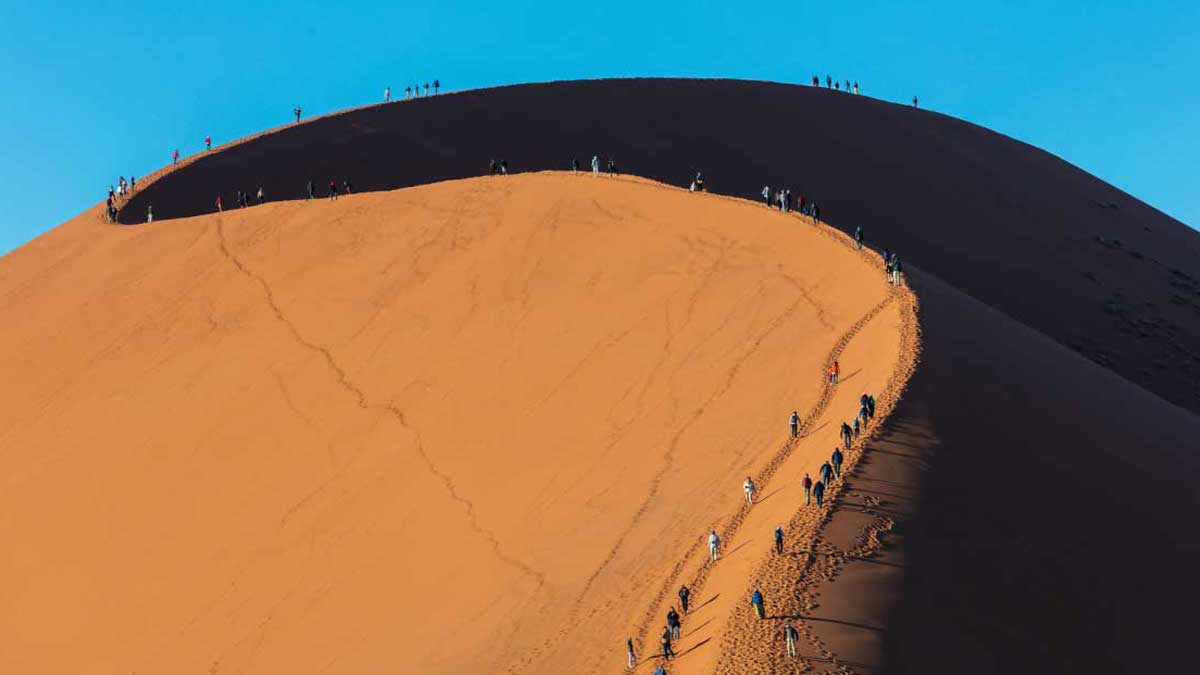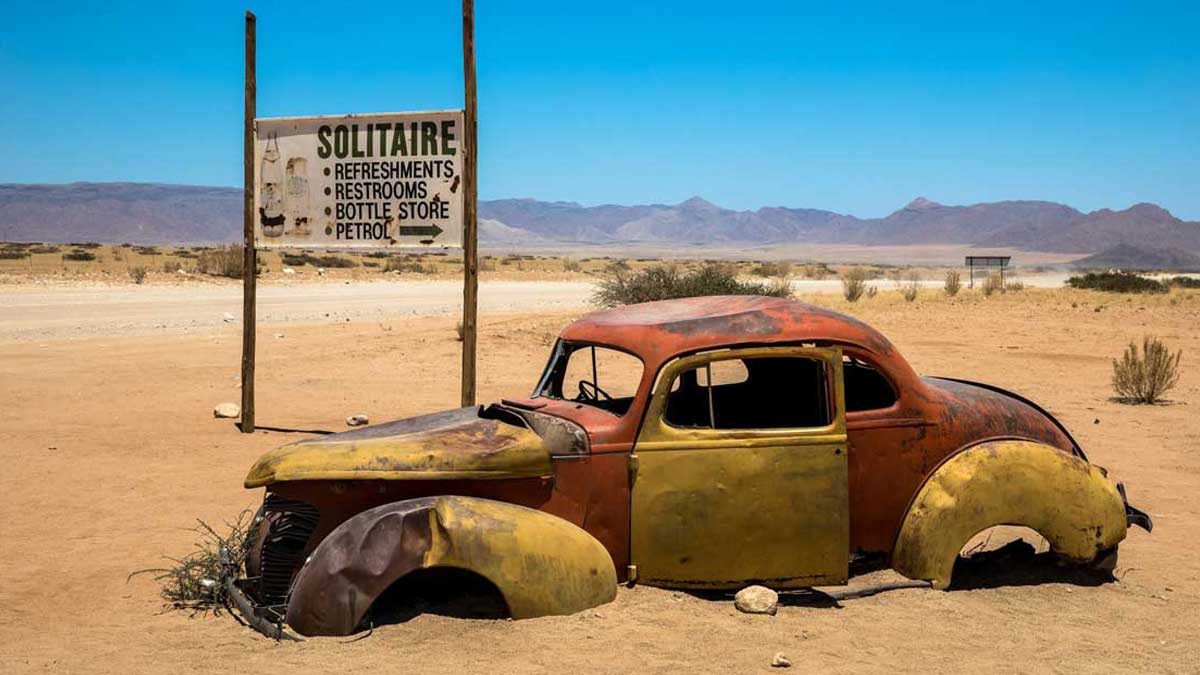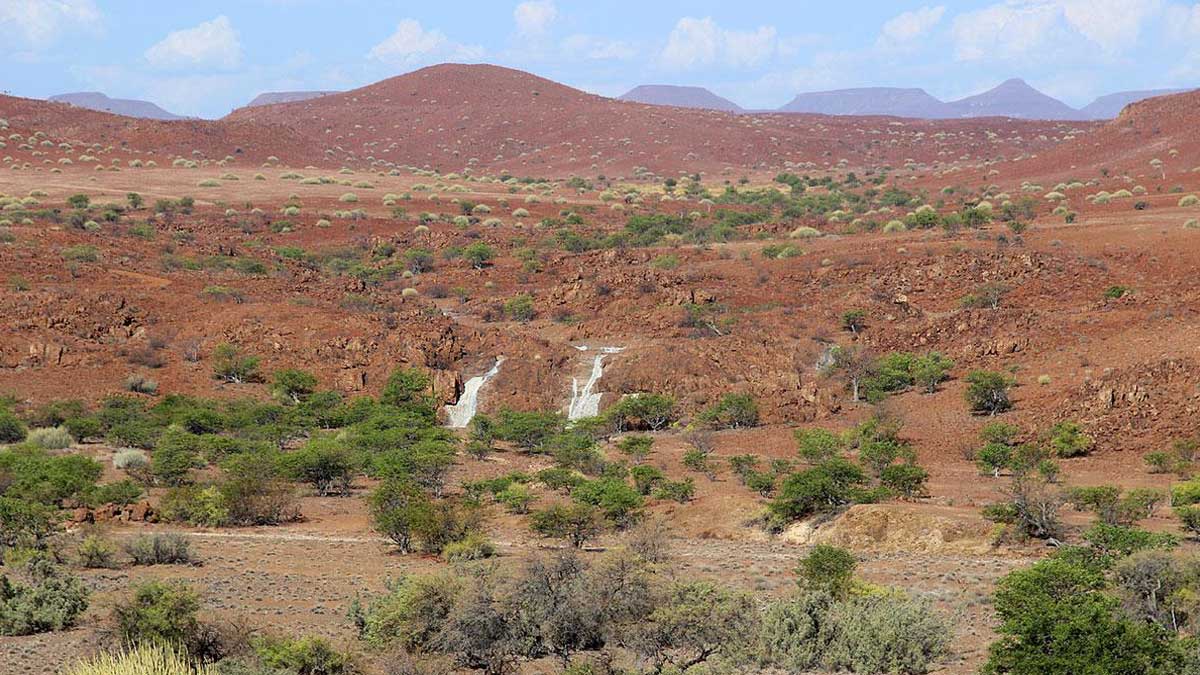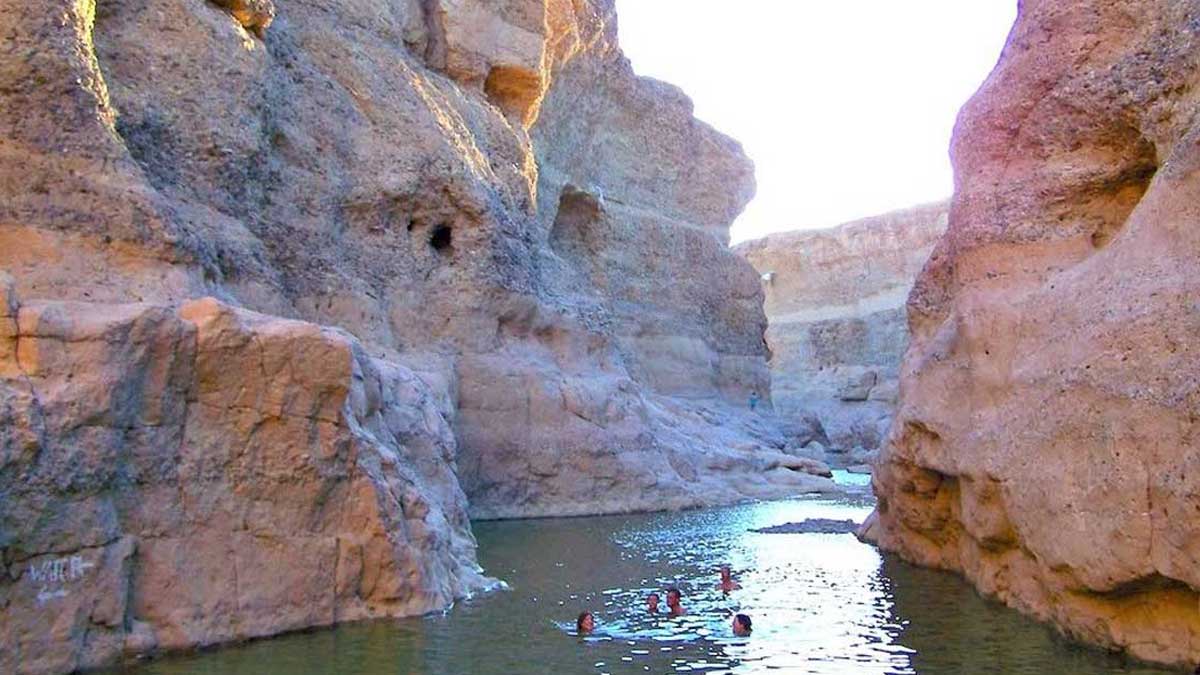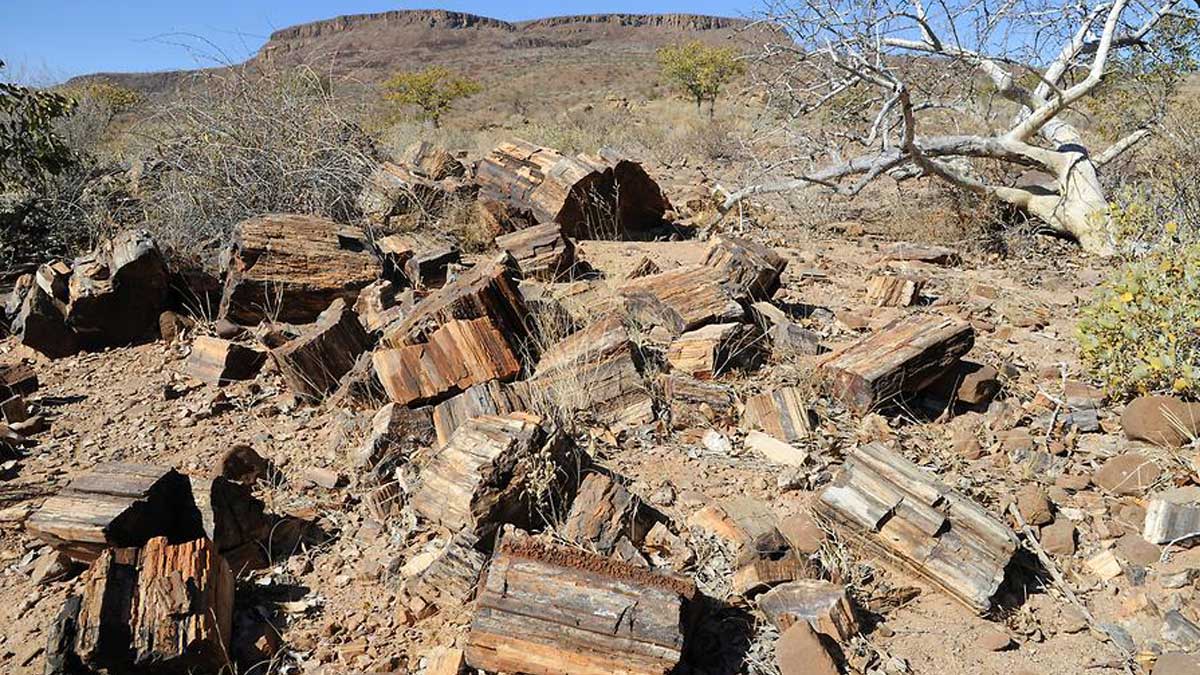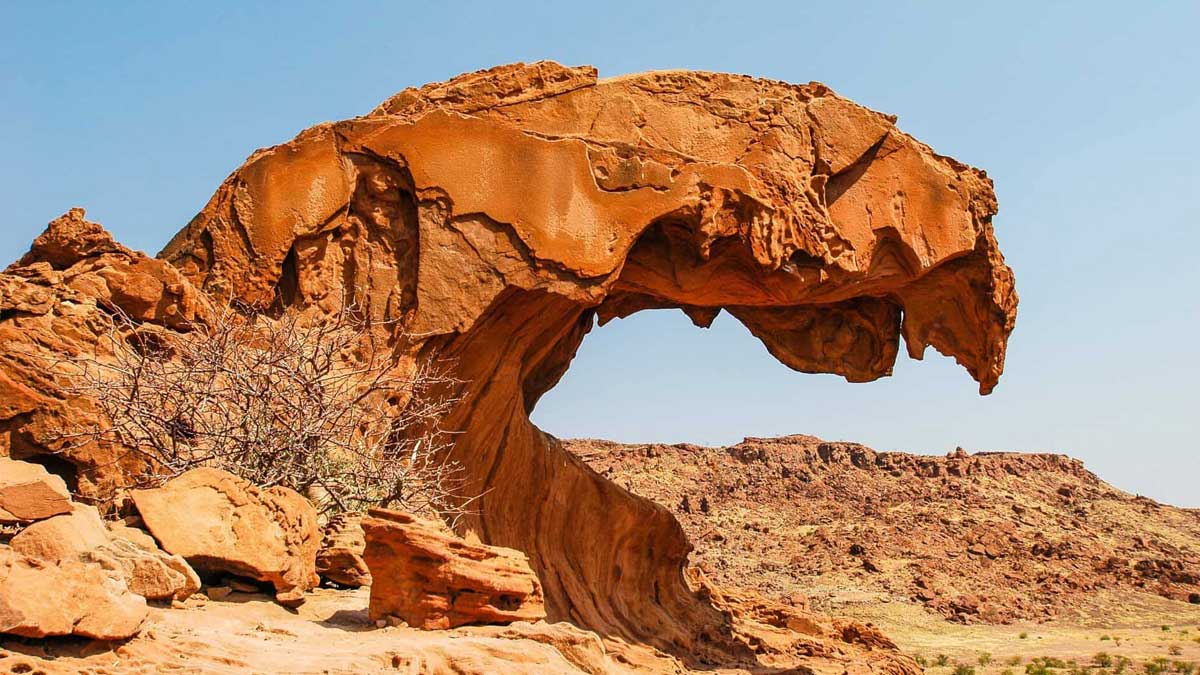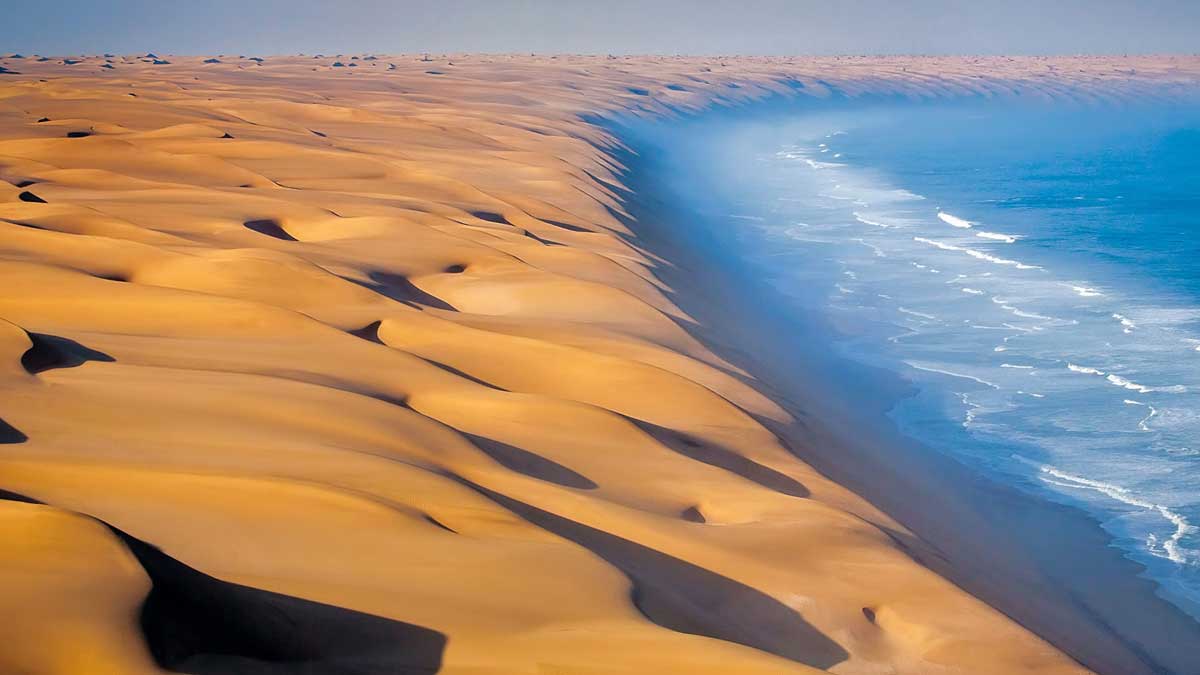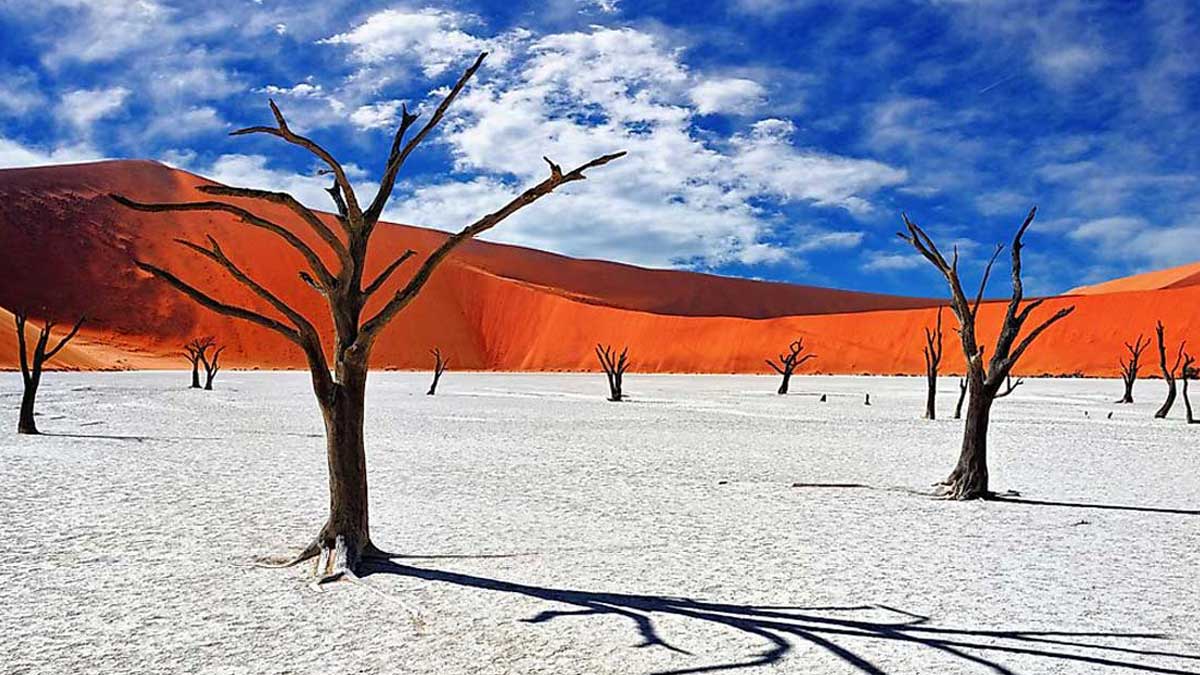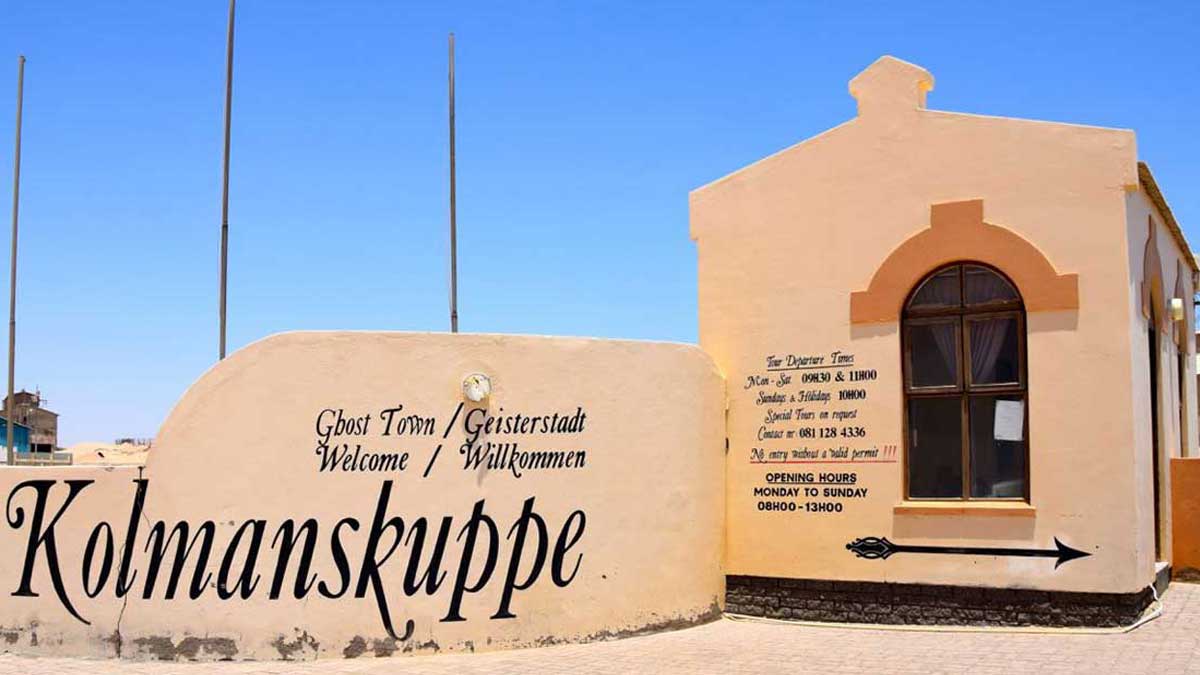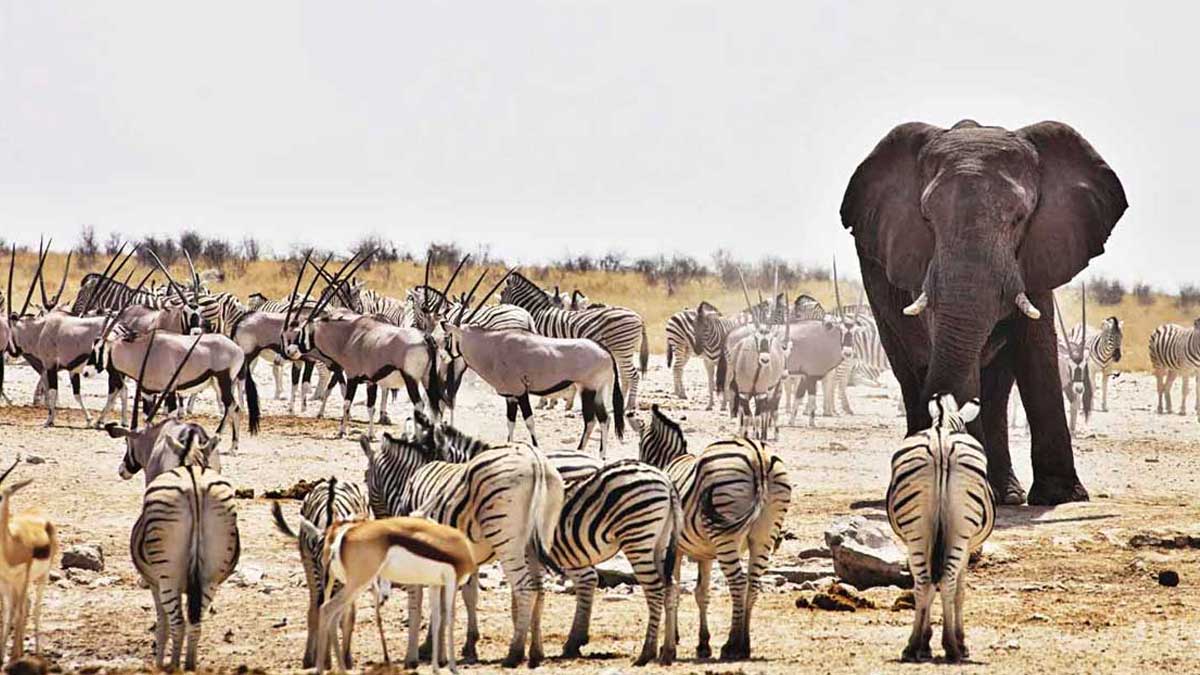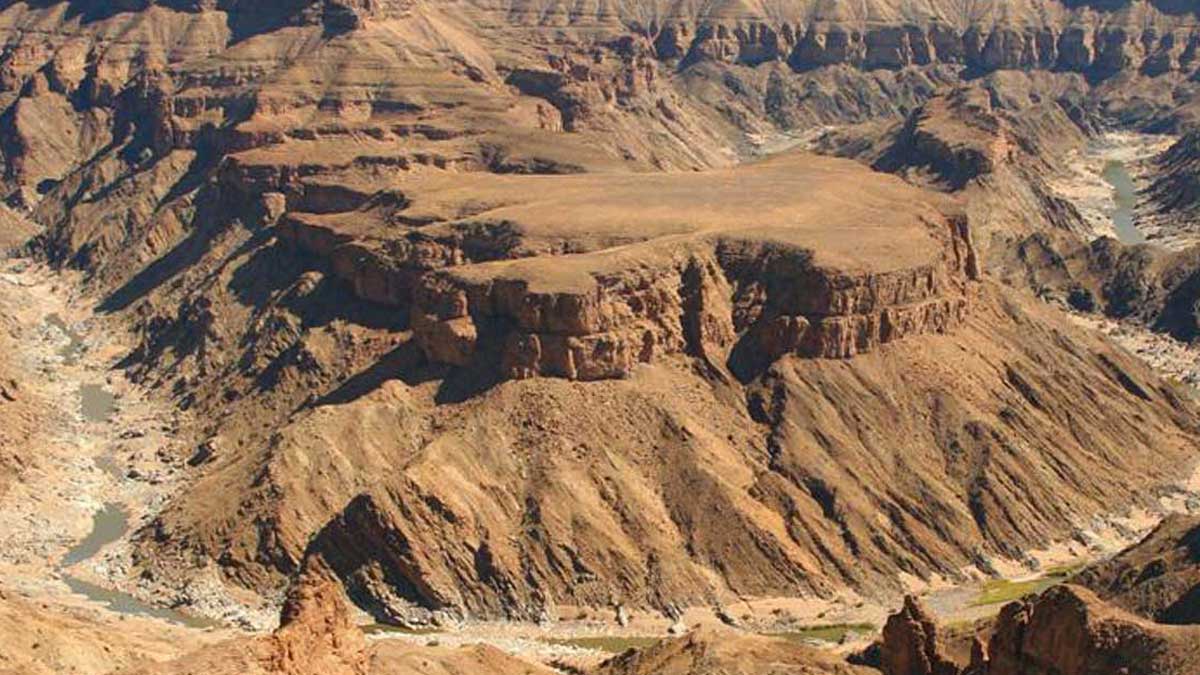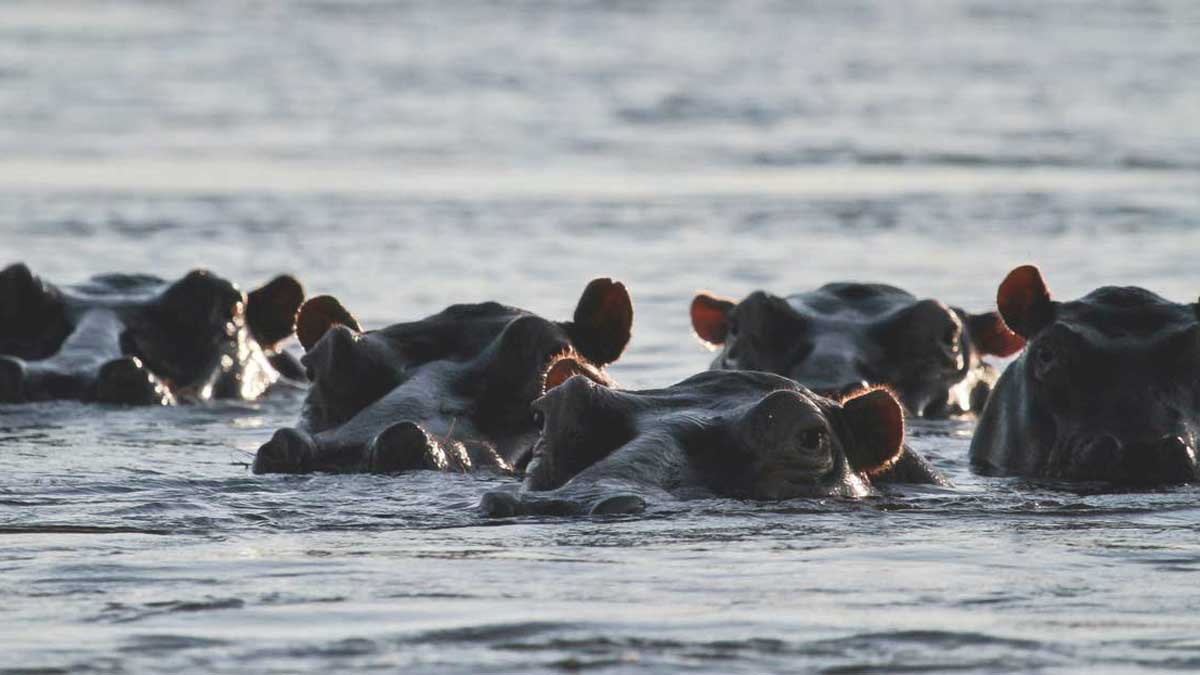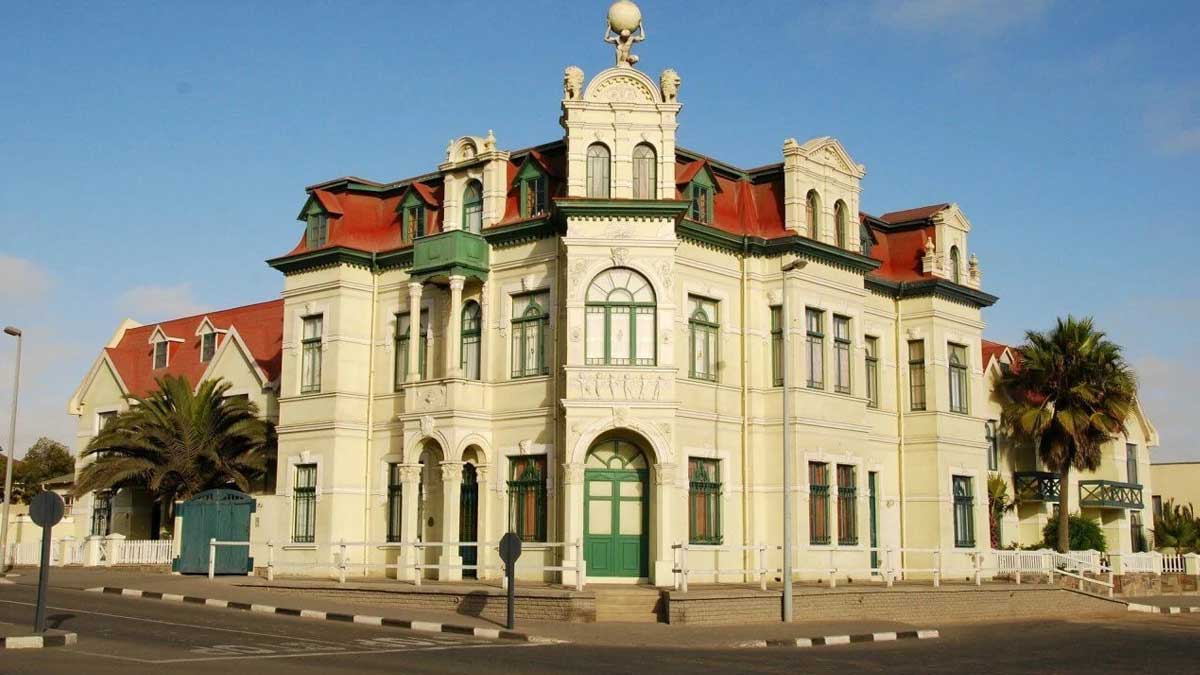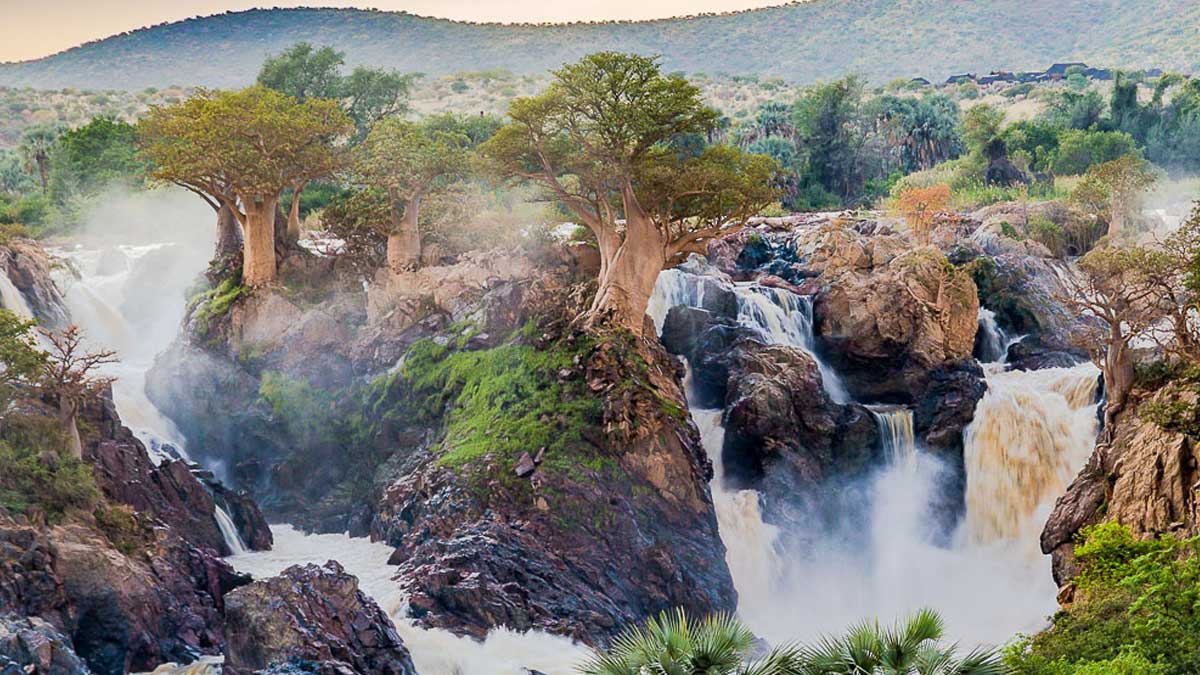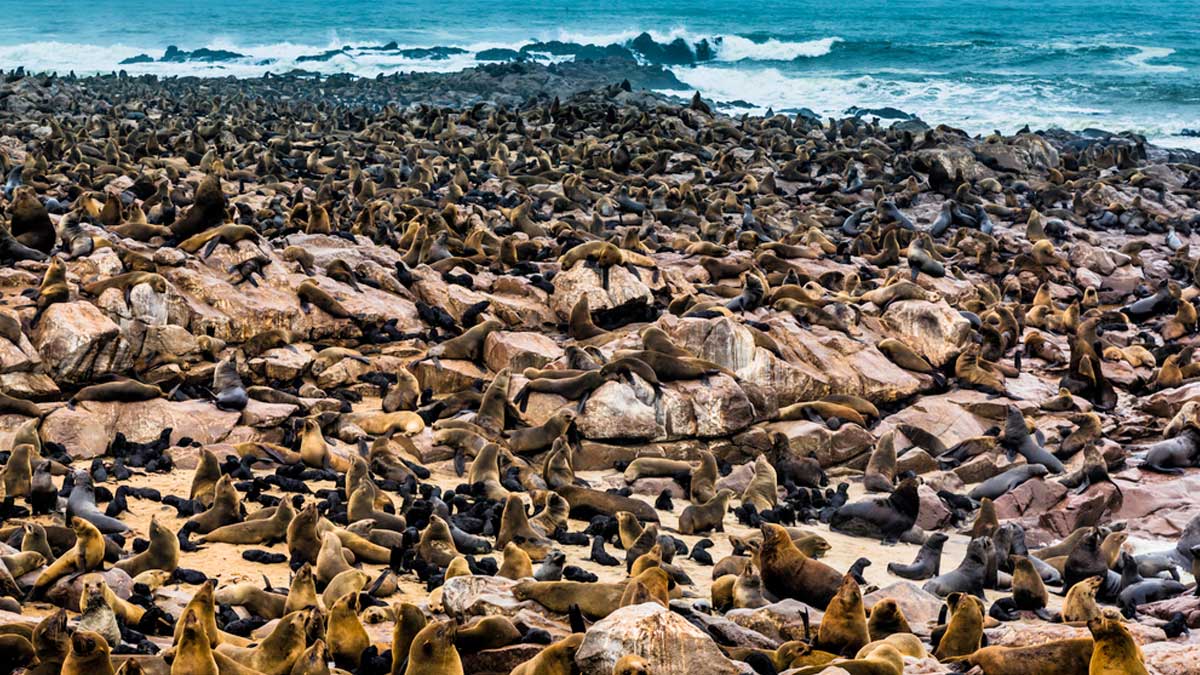Safety Precautions
Traveling to Namibia can be an incredible and rewarding experience. To ensure a safe and enjoyable trip, here are some important safety precautions to keep in mind:
Health Precautions:
- As mentioned on the malaria risk zone page, if you are traveling to malaria risk areas, take appropriate anti-malarial medication and use mosquito repellents and bed nets to prevent mosquito bites.
- Stay hydrated, especially in hot and arid regions, by drinking plenty of water throughout the day.
- Be cautious about food and water hygiene. Consume bottled water and avoid eating raw or undercooked food.
Crime and Personal Safety:
- While Namibia is generally considered safe for tourists, exercise caution, especially in urban areas like Windhoek. Petty theft and pickpocketing can occur, so keep an eye on your belongings, particularly in crowded places.
- Avoid walking alone at night, especially in poorly lit or unfamiliar areas.
- Keep your accommodation securely locked and use safes to store valuable items.
- If you're driving, keep your windows rolled up and doors locked, especially in urban areas, to prevent theft at traffic lights.
- Do not leave valuables unattended in vehicles.
Wildlife Safety:
- Namibia is renowned for its diverse wildlife. When visiting national parks and wildlife reserves, maintain a safe distance from wild animals and follow park regulations and guidelines.
- If you're on a safari or self-driving, avoid standing up or making sudden movements in the presence of wild animals, as it may startle them.
Road Safety:
- If you plan to drive in Namibia, familiarize yourself with local traffic rules and conditions. Roads can vary in quality, and wildlife can sometimes wander onto the roads, especially in rural areas.
- Drive cautiously, especially during dawn and dusk when visibility may be reduced.
- If you're driving long distances, carry enough water, food, and emergency supplies in case of breakdowns.
Cultural Sensitivity:
- Namibia is home to various ethnic groups with distinct cultures and traditions. Respect local customs and dress modestly, especially when visiting rural communities and sacred sites.
- Always ask for permission before taking photographs of people, especially in more remote areas.
Travel Insurance:
- Purchase comprehensive travel insurance that covers medical emergencies, trip cancellations, and other unforeseen incidents.
Weather Conditions:
- Namibia's climate can be extreme, with hot days and chilly nights in some regions. Be prepared with appropriate clothing and sun protection.
Emergency Contacts:
- Save important contact numbers, including local emergency services, your embassy or consulate, and your accommodation's contact details.
By following these safety precautions, you can have a wonderful and secure trip to Namibia, enjoying its natural beauty, diverse wildlife, and rich cultural heritage.
Find Your Perfect Tour
Explore experiences based on your interest

